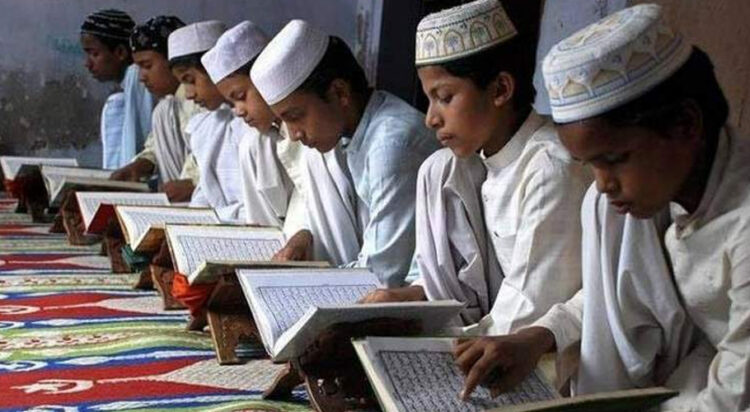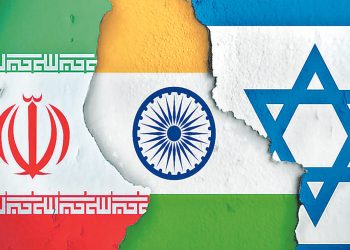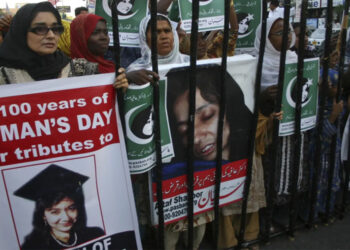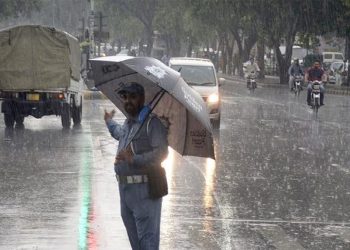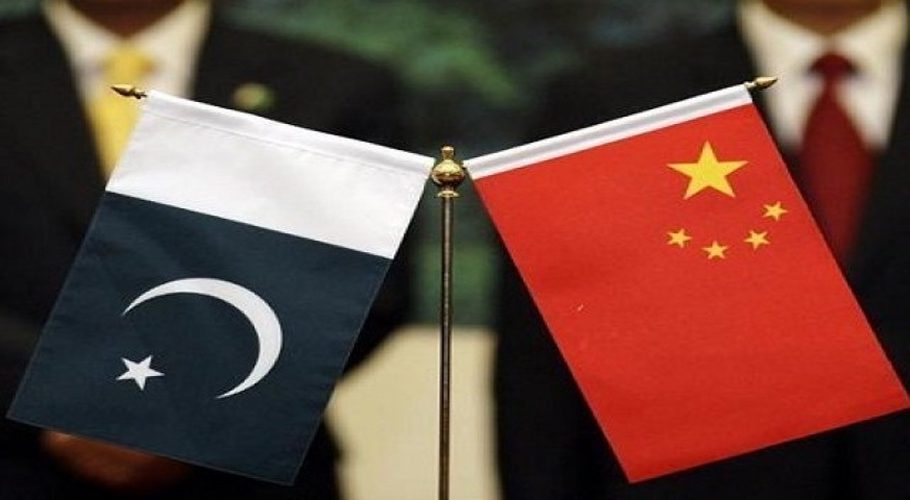The Madrasah Registration Bill, which has recently been at the center of political and legal debates in Pakistan, aims to regulate and register religious schools, or madrasahs, across the country.
Its primary objective is to bring religious institutions under a formal regulatory framework, ensuring greater accountability, transparency, and oversight. However, the bill has encountered significant hurdles, particularly concerning its legal validity and the jurisdiction over madrasah registration.
The bill was pushed through the political system following assurances made to Maulana Fazlur Rehman, a prominent religious leader and key ally of the government. It proposes that madrasahs be registered and their financial accounts regulated, a move that has sparked concern among various religious factions. However, the bill faced a setback when President Asif Ali Zardari raised legal objections, citing ambiguities regarding its legal status.
Legal and Jurisdictional Issues
The most significant objection raised by President Zardari revolves around the jurisdiction of madrasah registration. The bill did not clarify whether it would supersede existing laws governing madrasah registration in Islamabad or the provincial regulations that already exist. In Pakistan, the registration of religious schools falls under the jurisdiction of provincial education ministries, and the bill fails to address how it would integrate with or replace these existing frameworks.
Additionally, there are already two laws in place that govern madrasah registration in Islamabad. The new bill’s lack of clarity on whether it would override these laws further complicated its legal standing. Given these concerns, President Zardari decided to return the bill to the Prime Minister’s Office without signing it, effectively stalling its progress.
Political and Provincial Considerations
While the bill has received approval from both houses of parliament, its passage through the presidential office has been delayed due to legal complications. According to sources, the bill cannot take effect unless it is passed by the provincial assemblies, making it a matter that requires provincial-level approval before it can be implemented nationwide.
The bill’s approval was viewed by many as a political compromise, designed to appease religious groups that had been pushing for greater regulation of madrasahs. However, the president’s legal objections indicate that further parliamentary procedures and amendments will be needed for the bill to move forward.
What does the bill include?







